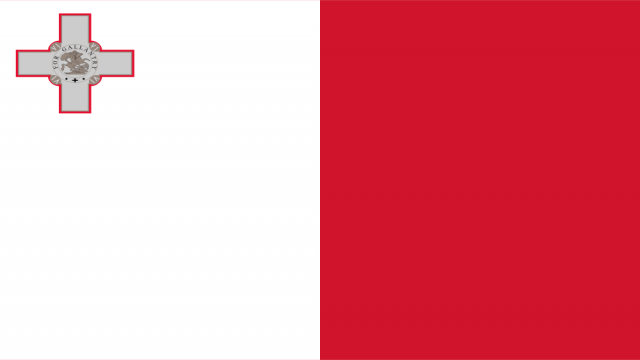Malta
Malta has achieved 63.0% basic digital skills coverage, growth comparing to 61.2% in 2023 and way above the EU average of 55.56%. According to the Digital Decade report 2025, the percentage of ICT specialists in employment has reached 5.2% surpassing the EU average - 5%. The share of female specialists in 2024 was 14.7%. Malta performs very well on the uptake of AI and digitalisation of businesses, while there is room to further expand the pool of ICT specialists. The country is a top performer in the digitalisation of public services.
Malta has a National coalition for digital skills and jobs led by Malta Digital Innovation Authority (MDIA).
The Maltese National strategic roadmap for the Digital Decade developed by the Government of Malta sets out the strategic goals to be achieved by 2030, monitoring their achievement, and the target paths and key measures have been developed.
The National eSkills Strategy for 2022-2025 focuses on promoting inclusive development and application of digital skills, encouraging collaboration between sectors and aligning education with market needs.
The Digital Education Strategy 2024-2030 sets a clear strategic path which recognises the rapid advancement of technology and the increasing demand for digital skills and beyond. It aims to drive excellence in digital transformation in the education sector by prioritising digital literacy as a fundamental 21st-century skill. The AI Launchpad Strategy 2030 emphasizes investment, start-ups, and innovation, along with education and workforce development.
To support digital transformation, Malta's recovery and resilience plan allocates resources for public administration digitalization, digital public services, and the digitalization of SMEs. Moreover, initiatives like the Maltaverians Comics Project and the Women in ICT initiative promote digital literacy, innovation, and gender equality in Malta's digital economy.
Malta ranks 9th out of the 27 EU Member States in the DESI dashboard for the Digital Decade for the 'At least basic digital skills' indicator, with 63% of its population possessing at least basic digital skills.









